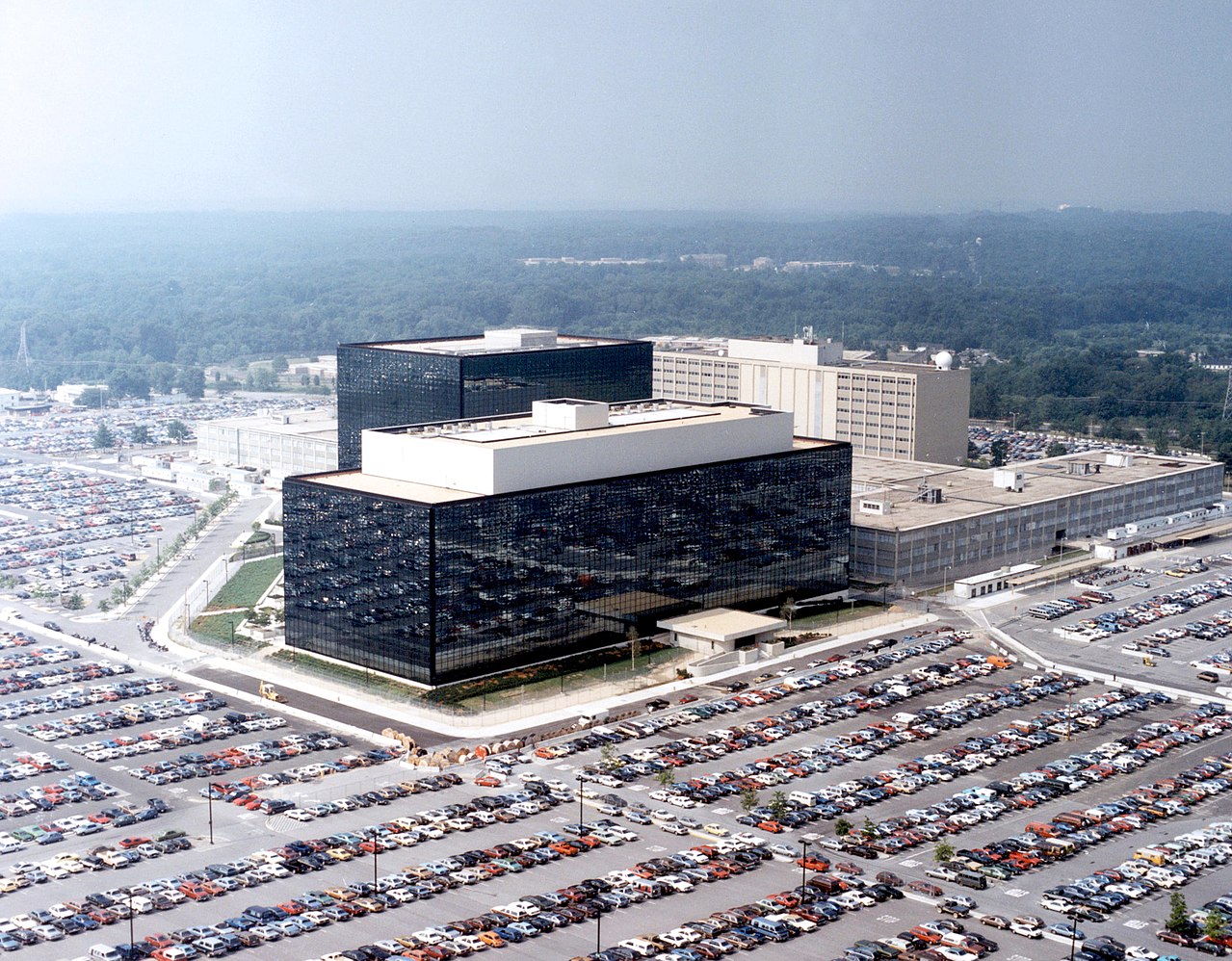The Year in Review: FISA Section 702
Lawfare carried comprehensive coverage of this year’s developments in the lead up to the Dec. 31, 2017 reauthorization deadline for Section 702 of the FISA Amendments Act (along with the other provisions of the law’s Title VII). The government bought itself a few more weeks in last week’s continuing resolution to extend government spending, when Congress and the White House pushed the deadline for reauthorization forward to Jan. 19 of next year.

Published by The Lawfare Institute
in Cooperation With

Lawfare carried comprehensive coverage of this year’s developments in the lead up to the Dec. 31, 2017 reauthorization deadline for Section 702 of the FISA Amendments Act (along with the other provisions of the law’s Title VII). The government bought itself a few more weeks in last week’s continuing resolution to extend government spending, when Congress and the White House pushed the deadline for reauthorization forward to Jan. 19 of next year. Here’s what the Lawfare community had to say about Section 702 in 2017.
-
In February, Mieke Eoyang and Gary Ashcroft argued that Section 702 needed reform because its drafters didn’t anticipate how the statute would be applied by law enforcement or the law’s effect on U.S. companies in foreign jurisdictions. Jake Laperruque wrote that closing the so-called “backdoor loophole” would require other coordinate reforms.
-
In April, Caroline Lynch counseled Congress on how to navigate it’s love-hate relationship with FISA. A few weeks later, when the National Security Agency announced it would end the Section 702 collection of communications not to or from a targeted selector, but whose contents mentioned that selector; Quinta Jurecic posted an excerpt Charlie Savage’s New York Times story on it. Bobby Chesney wrote on whether the agency could really end such collection without undermining to/from collection. Adam Klein shared a few other points on abouts collection.
-
In May, the Office of the Director of National Intelligence released its annual transparency report, revealing, among other things, that non-national-security searches of FBI databases only returned Section 702 information one time in 2016. Quinta posted the report and Jordan Brunner summarized it.
-
In June, we got our first legislative proposal to reauthorize the program when Sen. Tom Cotton introduced a bill that would end the law’s sunset provision. Yishai Schwartz and Chris Mirasola summarized 18 Foreign Intelligence Surveillance Court opinions related to Section 702 that the government released.
-
In July, David Forscey offered his predictions about Senate support for reauthorization. That same month, Susan Hennessey spoke with Jim Baker and Carl Ghattas of the FBI to discuss Section 702 for the Lawfare Podcast:
-
In September, when Attorney General Jeff Sessions and Director of National Intelligence Dan Coats called for a clean reauthorization of Title VII, I posted the letter they sent to Congress. Sarah Grant, Shannon Mercer and I summarized 18 documents that the Office of the Director of National Intelligence released about the 702 program.
-
In October, Robyn Greene explained a New America report that documented unintentional noncompliance with Section 702 provisions.
-
I posted the House Judiciary Committee’s first draft reauthorization proposal—the USA Liberty Act. Chinny Sharma summarized the bill’s main provisions for Lawfare. And in response to the bill, Susan Hennessey and Benjamin Wittes cautioned Congress not to reform Section 702 just for the sake of reform in their Foreign Policy column. Peter Swire and Richard Clarke replied on Lawfare that some of the judiciary committee’s proposals are on the right track. When the committee revised some provisions of the bill in November, Chinny summarized that as well.
-
Later, when the Senate intelligence committee posted their reauthorization proposal, I put the bill text up on the site and Chinny summarized. Shannon Mercer posted the House intelligence committee’s reauthorization proposal, too. Stewart Baker defended that bill’s provisions to require Congressional notification for requests to unmask the identity of a presidential transition team member, much like the so-called “Gates procedures” for unmasking the identities of members of Congress.
-
In the wake of the uproar over allegations of improper revealing of the identities of Trump transition team members, Ned Price warned that the real unmasking scandal could be when the unfounded controversy threatens Section 702 reauthorization.
-
In a comprehensive analysis of its intelligence value, Shreve Arail laid out the stakes of misunderstanding the impact of Section 702 reforms.
-
And last week, Molly Reynolds, Susan Hennessey and Benjamin Wittes sat down for an episode of the Lawfare Podcast to discuss where Congress has left Section 702 as the year comes to a close:




-final.png?sfvrsn=b70826ae_3)
